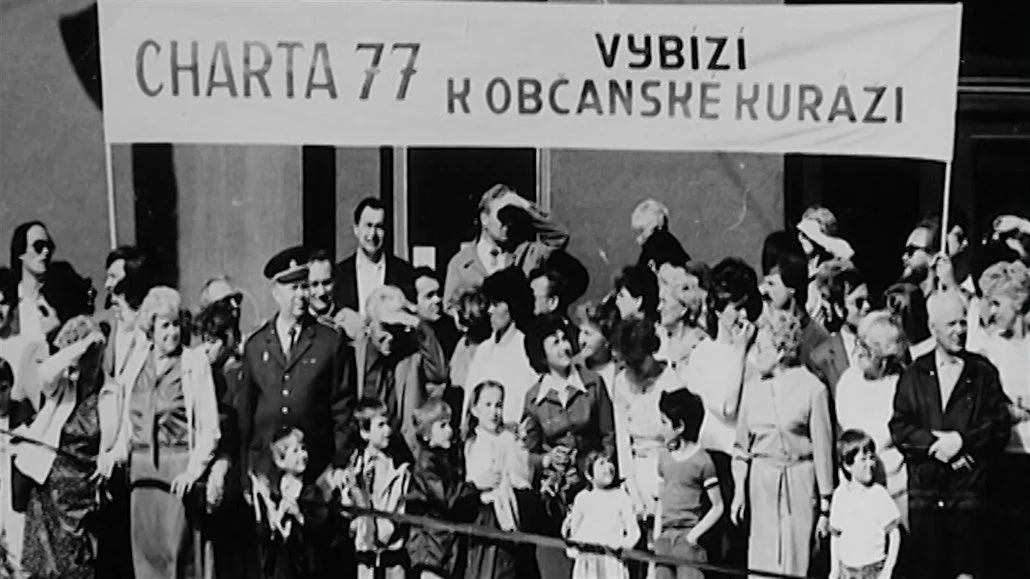A History of Czech Feminism
The once egalitarian, agrarian society of Bohemia became ruled by the Hapsburg Dynasty, causing a regression in women’s rights until Christianity helped improve their lives. The National Revival brought the creation of Czechoslovakia and greater rights for women. When communism came, rights improved in some ways and did not in others. The change to a capitalistic democracy brought further changes.
Karlovy Vary Film Festival
The Karlovy Vary International Film Festival, or KVIFF, hosts about 200 films from around the world and is the oldest film festival. Located in Karlovy Very, Czech Republic, the film festival is held annually in July and is the most prestigious festival in Central and Eastern Europe, boasting a popular feature film competition.
Gender Roles under Communism
Under Communist leadership, Czechoslovakia held that women’s emancipation was equal access to the workforce and increased educational and social reforms, but they failed to address the issues of housework, gender roles, and women’s political presence. For example, while women were 11 times as educated in 1975 as they were in 1945, they were directed towards traditionally feminine fields of study. At the same time, however, financial and moral incentives were introduced for women to work for the bureaucracy. There’s no doubt that gender roles were becoming complex while staying traditional in Czechoslovakia.
Czech Wine: A Brief History
From legends to wine festivals, Czech wine has a rich history. Various rulers implemented regulations for viticulture, and it eventually grew to a large scale operation in the Czech Republic. Although many vineyards were left abandoned after the revolution, through the 19th and 20th centuries, Czech viticulture bounced back to the point of becoming a worldwide phenomenon.
Dagmar Šimková (1929-1995)
Dagmar Šimková was a political prisoner during the communist repression. She suffered a long prison sentence and was able to pursue her education and help others in the prison system later in life. Šimková’s ordeals during her time as a political prisoner were shaped both by her femininity turned against her and her bonds with fellow prisoners that kept them together. Her most courageous acts involved hunger strikes in protest against the treatment of her fellow prisoners.
Hana Podolska: The "Coco Chanel" of Czechoslovakia
Hana Podolska was “the” fashion designer of the 1930s and 1940s in Prague. Her gowns and garments could be seen in well-known films worn by famous actresses, many magazines, and popular political figures. Before her life of fashion her father, who tragically died of tuberculosis, was an architect while her mother was a housewife. After moving to and growing up in Prague, Podolska worked with the local seamstress, which became the genesis for her fulfilled desire to be a fashion designer.
Czech Beer : A Brief History
From the Brevnov Monastery to the modern-day Pilsner, the Czech people have been enjoying beer for over a thousand years. Known as the beer of tradition, Czech beer is ingrained into history itself. When beermaking was banned. the Brenov Monastery, as the first-ever Bohemian brewery, was exempt. Initially, after the ban on brewing ended, only noble families or homeowners were allowed to brew beer. It was in 1842 that the famous Pilsner was created.
Charter 77
Charter 77 is a declaration of human rights published by a group of Czech citizens. It declares that “Charter 77 is not an organization,” rather an idea. Support for Charter 77 mounted as publicly supporting it became more dangerous and life-uprooting. Even still, private and public support for the declaration of peaceful resistance continued, even 40 years into it’s creation.
Palach Week
Jan Palach was a Charles University student who protested the Soviet-led invasion of Czechoslovakia and the Warsaw Pact by self-immolation. His protest inspired further protests, including a hunger strike in Wenceslas Square. These protests further inspired resistance throughout the rest of Prague, and then Europe.
Vaclav Havel
Vaclav Havel, Czechoslovakia’s first president, also lived as an activist, poet, and playwright. Communist rule made Havel's life hard, including his education, but he prevailed, having attended university. Even into his adulthood, Havel faced political strife, having his plays banned from viewing and being harassed by the government due to his activism. Was the trouble worth it for the first post-Communism president?
Impacting the Arts
There are several Czech artists who have and continue to influence the world, and four of them are highlighted in this article. These artists are Jiri Trnka, Anna Daucikova, Libuse Jarcovjakova, and Yemi AD. From film to painting, glassblowing to photograph, and performance to dance, these artists present a variety of expressions that have influenced the world.
National Uprising Day
A Progression in Pride: Those Along the Way
In this article, the history of Czech LGBT athletes is examined, with two individual athletes highlighted. The first is Martina Navratilova, a world-renowned tennis player whose won the 1972 Czechoslovak National Championship at the young age of 15. The second is Olympic figure skater Ondrej Nepala, who started his Olympic career in the 1964 Winter Games at the age of 13. Both distinguished athletes advocated for LGBT rights, with Navratilova still doing so to this day.
Jana Novotná: Czech Tennis Champion (1968-2017)
Prague Travel Guide
A Short History of Pilsner Urquell
The Czech Republic's Communist-Era Architecture
For the Communist countries in Eastern Europe, the necessary rebuilding following World War II was accomplished in the construction style that the Soviet Union popularized. As a result of this period, the Czech Republic has many buildings and monuments that differ significantly from the historic ones surrounding them, serving as a reminder of its Communist era.
















